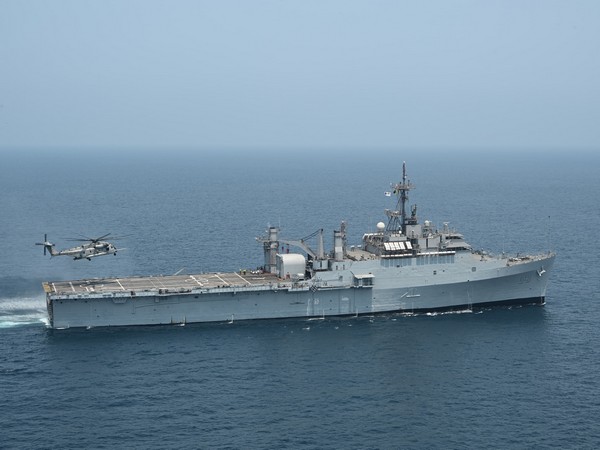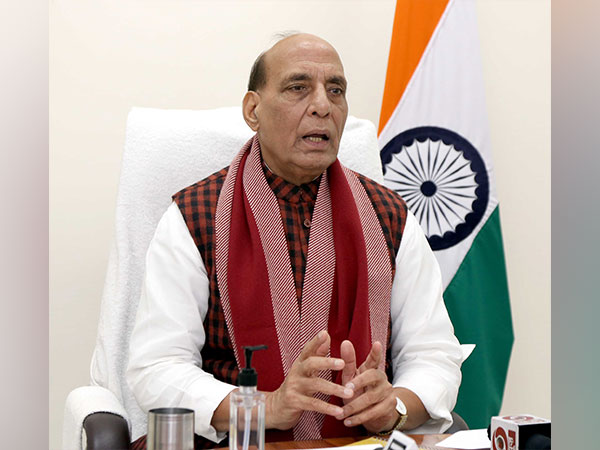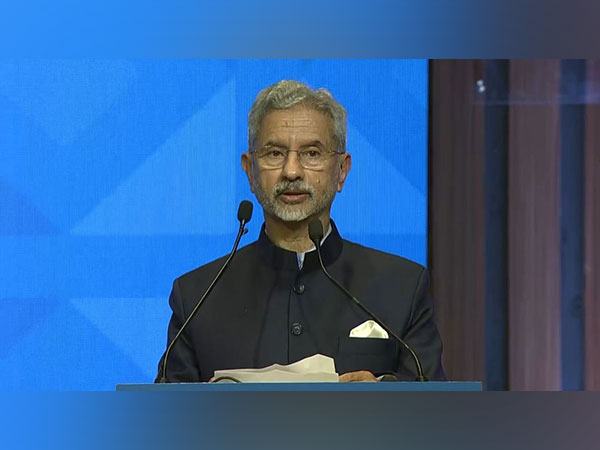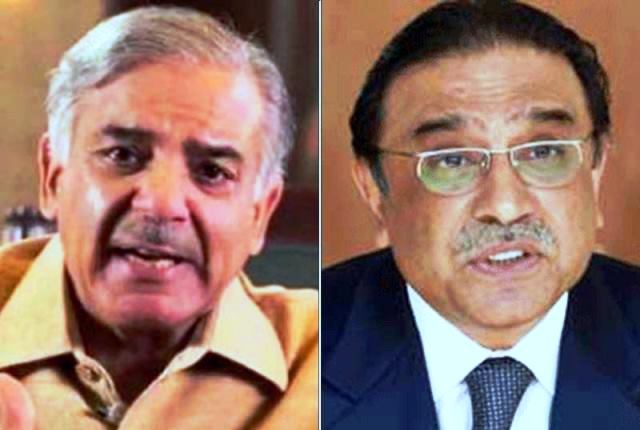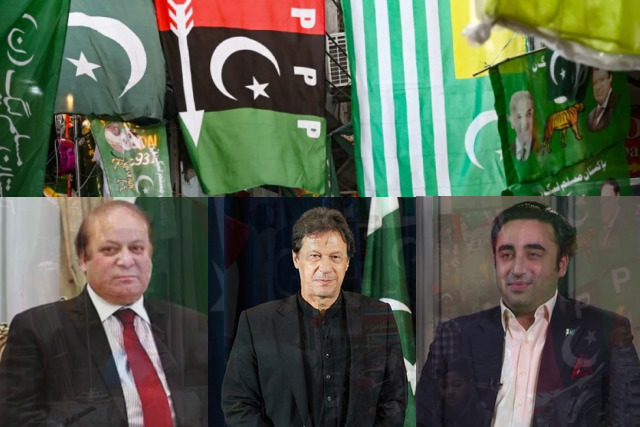Forget corruption charges and delivering poor governance – two families in Pakistan have worked their way back to power. They can thumb their noses at critics, at home and in the Western world who call “dynastic rule” undemocratic. For now, the two rival ‘dynasties’ have buried their differences to keep out their third rival Imran Khan, a “non-dynast”.
In a power-sharing deal, Shehbaz Sharif – notwithstanding his disastrous 18-month rule during 2022-23 – is poised to be the prime minister again. Maryam, his niece and elder brother Nawaz Sharif’s political heir is now Pakistan’s first woman chief minister, and that too, of Punjab, the most populous and powerful province. As Sharifs keep the two big jobs, above them all, Asif Ali Zardari is poised to be the country’s President, again, facilitated by the all-powerful army-led military and civil ‘establishment’.
The ‘establishment’ retains all the aces in domestic and external relations. It has ditched Khan, its ‘proxy’ of the 2018 vintage. Convicted in numerous cases, he is in jail even though his hundred-plus supporters were elected in a House of 264, making the entire exercise controversial.
That is because the ‘establishment’s’ calculations failed. Although tipped for a fourth term as the prime minister, Nawaz fell short of the numbers and had to make way for his younger brother. The deal with the Bhutto-Zardaris who came third in the electoral race, gets Punjab for the Sharifs but also keeps alive ambitions within their clan.
Khan has lost despite his proven mass popularity. In hindsight, his position became untenable when General Asim Munir and Justice Faez Isa whom he had targeted as the prime minister reached their respective top offices. Besides, he alleged an American ‘conspiracy’ for his ouster. Now, he and his supporters will struggle and protest in and out of the jail, courts and the legislature. In Pakistan, it is business as usual for now, until the cyclical process, driven by political wrangling, public disenchantment and monitored by the men in khaki, ends where it began.
Maryam at 50 marks a generational change. Bilawal Bhutto Zardari joining the Shehbaz government would have reinforced that. He had pleaded in the previous National Assembly that the old guard makes way for the young. He did not succeed. How a complete debutante Maryam and Bilawal’s experience limited to foreign affairs — though not an unusual thing in South Asia — would have fared in tackling the country’s myriad problems is a different story.
There indeed was some talk of Bilawal as the prime minister, Pakistan’s youngest at 33. But the deal went the way his father Asif Ali — the real (civilian) king-maker this time around – possibly wanted, to secure the presidency and the power in Sindh for his clan.
He had earned the sobriquet “Mr Ten Percent” by allegedly taking the cut in business transactions, when his wife Benazir was the prime minister twice, adding to her woes and a collapse in governance. Her 2007 assassination and the sympathy it generated led him to the president’s house. Although he had the Constitution amended to limit the president’s powers, during 2008-13, the country was run from his office.
ALSO READ: Maryam To Be Pakistan’s First Woman CM
Not for nothing he is called the “wheeler-dealer”, ‘Machiavelli II’ and more. Pakistan’s most astute politician is also a great survivor. As feudal in politics do, he was involved in family feuds, including the killing of Benazir’s brother Murtaza. He has a lengthy record and the length of time spent behind bars, without ever being convicted.
They say that “the only thing certain in life is death and taxes”; in Pakistan, it might as well be “death, taxes, and Mr Zardari’s political relevance”….. Yet, he is also the first democratically elected president to serve out a five-year tenure, and likely to become the only person to have held that office twice,” Zain Siddiqi writes in Dawn (February 23, 2024).
Besides being in and out of jail and being in exile, Zardari has some things in common with Maryam Nawaz: controversies over educational qualifications. Zardari’s claims cover degrees in England and France, while Maryam, who had to change schools when young, could not complete her studies in medicine when her admission was challenged, but has supposedly done her M.A., and Ph.D. Another is both remained out of the government but active politically. Indeed, Maryam joined only a decade back to counter Imran Khan’s growing charisma among the youth.
Maryam is the fourth Sharif family member to become Punjab’s chief minister. The province accounts for 53 per cent of Pakistan’s 241 million population and 60 per cent of its $350 billion GDP. Her problems are more daunting than those her father and uncle tackled, with arguable results.
At the top of her problems is her being a woman politician in a deeply conservative Pakistan. Only around a dozen women were elected to the National Assembly in last month’s elections. Most women enter parliament in seats reserved for women and religious minorities.
For Maryam, a mother of three and a grandmother, it could be familial, like Benazir who had a husband (Zardari) to deal with, at home, in public and in her government. Maryam too has a husband Mohammed Safdar Awan, a former army captain and a lawmaker.
A fiery orator like Benazir, Maryam will have to guard against all that Bhutto faced — from the hardliners among the clergy who cite scriptures to disapprove of a woman holding public office. Patriarchy at all levels dominates Pakistani society. The most daunting could be the militants who took Benazir’s life. Indeed, Tehreek-e-Taliban Pakistan (TTP), with affiliates of the Islamic State Khorasan Province (ISKP), has dug deep roots in Punjab.
Coming from a business family, Maryam has done well to keep her focus on economic issues that not just Punjab but the whole of Pakistan need to tackle. Women activists are enthused by the symbolic boost for women and that she has touched on women and the young, on education and health in her inaugural speech.
But all these need money and the initial pronouncements carry little by way of reforms – less ostentatious spending and more taxation – that the foreign donors, especially the International Monetary Fund (IMF) have been demanding.
Reports link Maryam to her maternal great-grandfather, Gama (Ghulam Mohammed) Pehelwan, undivided India’s champion wrestler and “Rustam-e-Hind” who migrated to Pakistan. He was never defeated. Gama remains a known name in India. She could work on this legacy and her father Nawaz’s readiness to do business with India.
It will be interesting to watch if Maryam, on a possible India visit sometime in future, will create as much public frenzy, and goodwill for Pakistan, as Benazir did in 1972 at the Simla Summit and while meeting Rajiv Gandhi, her Indian counterpart in the 1980s.
The writer can be contacted at mahendraved07@gmail.com
For more details visit us: https://lokmarg.com/
